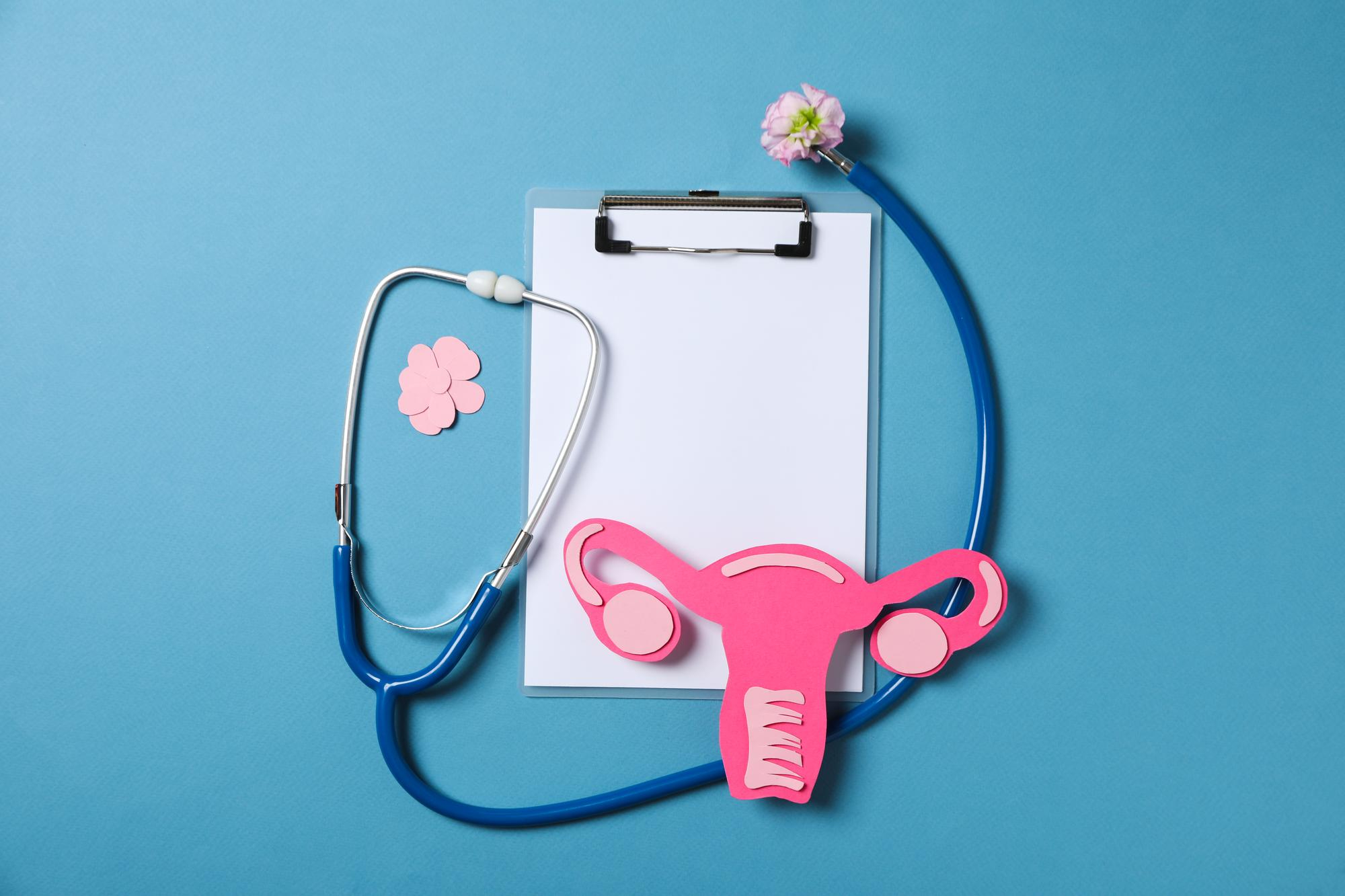Bringing a new life into the world is a dream for many, and the path to achieving it can be made smoother with the right guidance and support. NewHopePoints is dedicated to helping you navigate the complexities of fertility treatments, including intrauterine insemination (IUI), to increase your chances of success.
IUI: A Viable Path to Parenthood
Intrauterine insemination (IUI) is a popular fertility treatment that involves placing sperm directly into a woman’s uterus to facilitate fertilization. This procedure is often considered before moving on to more complex treatments like in vitro fertilization (IVF). But, while IUI is less invasive and more affordable than IVF, it’s essential to understand all aspects of the process.
What’s the Difference Between IUI and IVF?
IUI and IVF are both assisted reproductive technologies, but they differ significantly in their procedures and success rates.
- IUI: During IUI, sperm is collected and then washed to concentrate it. The sperm is then inserted directly into the uterus around the time of ovulation. This method increases the chances of the sperm reaching the egg.
- IVF: In IVF, eggs are retrieved from the ovaries and fertilized with sperm in a lab. The resulting embryos are then transferred to the uterus. IVF typically has higher success rates but is more invasive and expensive.
Is IUI 100% Successful?
No fertility treatment can guarantee a 100% success rate, and IUI is no exception. The success of IUI depends on various factors, including age, the cause of infertility, and overall health. Generally, the success rate per cycle ranges from 10% to 20%. Multiple cycles may be necessary to achieve pregnancy.

What Are the Disadvantages of IUI Babies?
While IUI is generally safe, there are some disadvantages and risks to consider:
- Multiple Pregnancies: IUI increases the likelihood of multiple pregnancies, which can pose health risks for both mother and babies.
- Ectopic Pregnancy: There is a slight risk of an ectopic pregnancy, where the fertilized egg implants outside the uterus.
- Ovarian Hyperstimulation Syndrome (OHSS): Fertility medications used during IUI can sometimes cause OHSS, leading to swollen and painful ovaries.
Is IUI Cheaper Than IVF?
Yes, IUI is significantly cheaper than IVF. The cost of IUI is lower because it involves fewer medications and a simpler procedure. On average, IUI can cost anywhere from a few hundred to a few thousand dollars per cycle, whereas IVF can cost tens of thousands per cycle. This affordability makes IUI an attractive option for many couples.
The Role of Surrogacy in Fertility Treatments
While discussing fertility treatments, it’s essential to touch on the role of surrogacy. Surrogacy involves a surrogate mother carrying a pregnancy for the intended parents. Surrogacy agencies and surrogacy clinics provide comprehensive support throughout the surrogacy process. However, it’s important to note that NewHopePoints does not work on gestational surrogacy, focusing instead on educational resources and support for other fertility treatments.
Conclusion
Intrauterine insemination (IUI) offers a less invasive, more affordable option for those struggling with infertility. Understanding the differences between IUI and IVF, the success rates, potential disadvantages, and costs can help you make an informed decision about your fertility journey. While surrogacy can be part of the broader conversation about fertility treatments, NewHopePoints focuses on providing support and education for options like IUI. Your path to parenthood is unique, and with the right information and assistance, achieving your dream is possible.
With this detailed guide, we hope to shed light on how IUI can be a valuable step in your journey to parenthood, supported by the expertise and resources at NewHopePoints.
